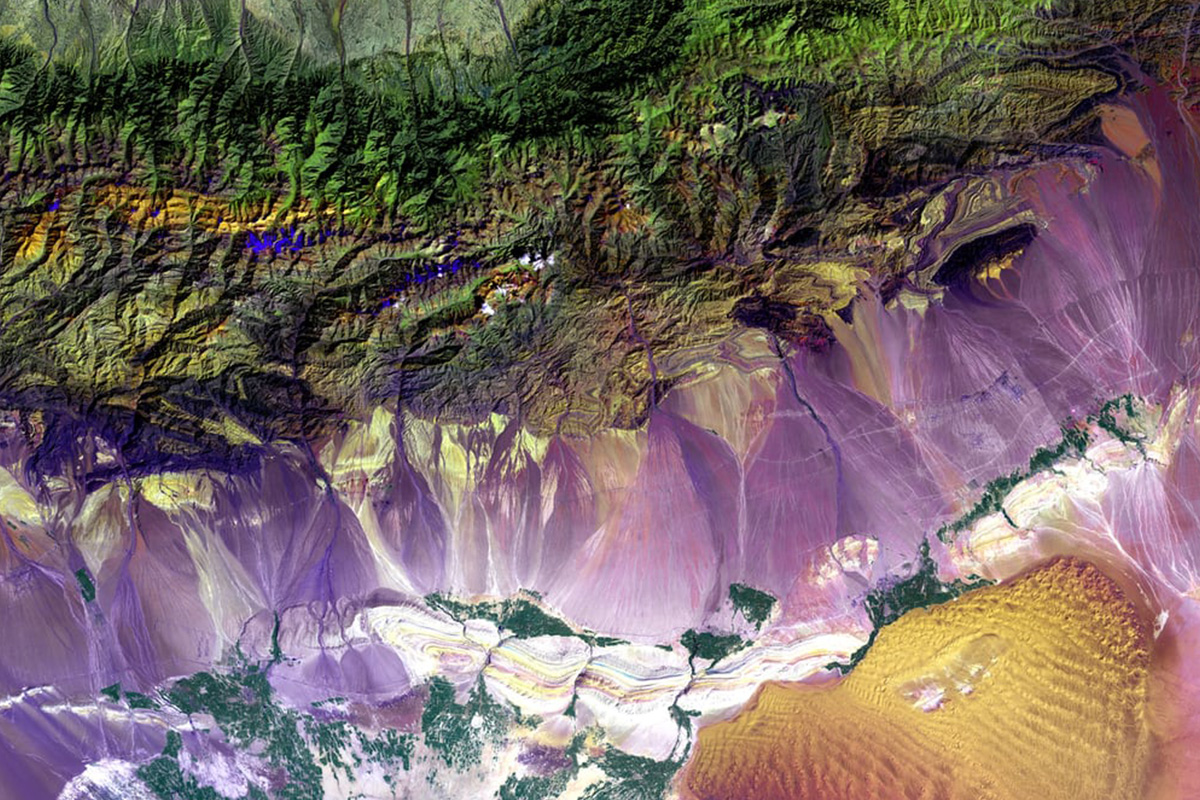
Attribution science explores the link between climate and extreme weather
Flooding in South Africa, wildfires in California, heatwaves in India: each new extreme weather event seems the inevitable conclusion of ecological breakdown. But how exactly are climate and weather linked? Leading attribution scientist Dr Friederike Otto explains to LUX why we need to nuance our understanding of climate change
Dr Otto is co-lead of World Weather Attribution, an international organisation analysing the possible influence of climate change on extreme weather events. Named one of TIME’s 100 Most Influential People in 2021, Otto has identified an information gap in the public’s understanding of climate, which, she argues, is hindering the creation of reliable and resilient systems in the face of extreme weather. She tells LUX why everything depends on the decisions we make in the next decade
LUX: How sophisticated is the public’s understanding of what effect climate change is having on weather?
Friederike Otto: There is still quite a big lack of understanding about how climate change affects weather. There are lots of people who assume that everything bad that is happening now in the world and in the weather is because of climate change. That is a misconception. There is a huge difference between how climate change affects heatwaves versus how it affects extreme rainfall or droughts, and that is something we need to get much better in communicating.
LUX: So, how are climate and weather linked?
FO: Climate change can affect the weather in two ways. One is the thermodynamic effect: we have more greenhouse gases in the atmosphere, so the atmosphere gets warmer overall. This means that there is a higher likelihood of heatwaves which are hotter, and a lower likelihood of cold waves, which are warmer than what they would have been. Likewise, because a warmer atmosphere can hold more water vapour that needs to get out of the atmosphere as rain, you have an increase in heavy rainfall.
If that was the only effect, we wouldn’t need to do attribution studies. The second effect is weather, because we have changed the atmosphere’s composition and temperature differences. This second effect can go in the same direction as the warming effect – but the effects can also counteract each other. If you don’t get any weather systems that bring rain, it won’t rain. So here we need attribution studies.
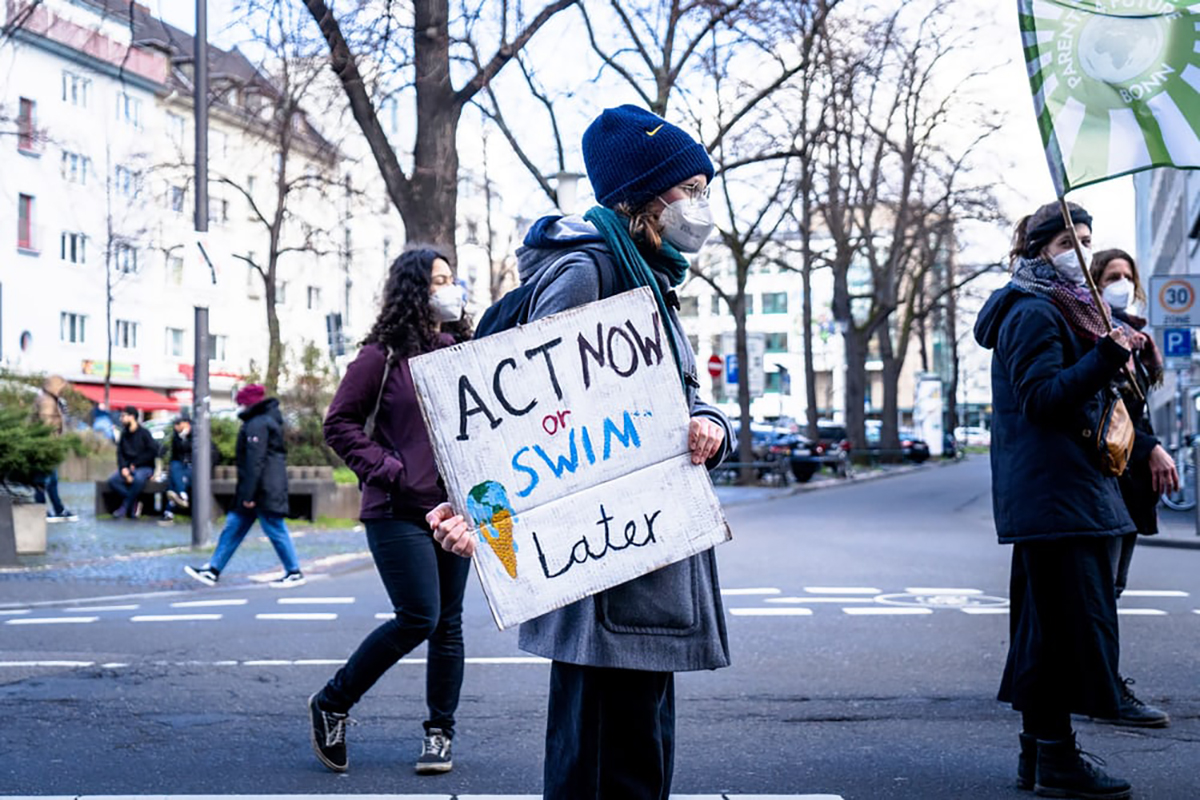
Otto explains the need for reliable and resilient systems in place to respond to extreme weather
LUX: What do you say to those who think ‘what’s the big deal?’ about the atmosphere getting one degree warmer?
FO: One degree in a heatwave is thousands of people dead or alive. People have pointed out that one degree is lower than the global mean temperature change and that is true. But the year-to-year variation in weather and in temperatures is quite small. If you had one degree added to a heatwave in Antarctica, it would indeed be much less of a big deal, because there is a huge variability in temperatures.
Follow LUX on Instagram: luxthemagazine
The heatwave in India is, in today’s climate, a one in 100-year event. With this, you can look at the intensity change: how frequent would this event have been in a world without climate change? What is now a one in a hundred year event used to be a one in 3000 year event without climate change. In other words: a one degree change in intensity corresponds to a 30 times increase in the likelihood.
LUX: So the differences, though seemingly marginal to the casual onlooker, can radically change the climate system?
FO: The climate system will be fine, it will just get hotter. But people and ecosystems have adapted over centuries to a certain type of climate. All of our ecosystems and social systems are very much designed for this narrow range of possible weather that we used to get, so, if you push that back even a little bit, it is much harder to deal with.
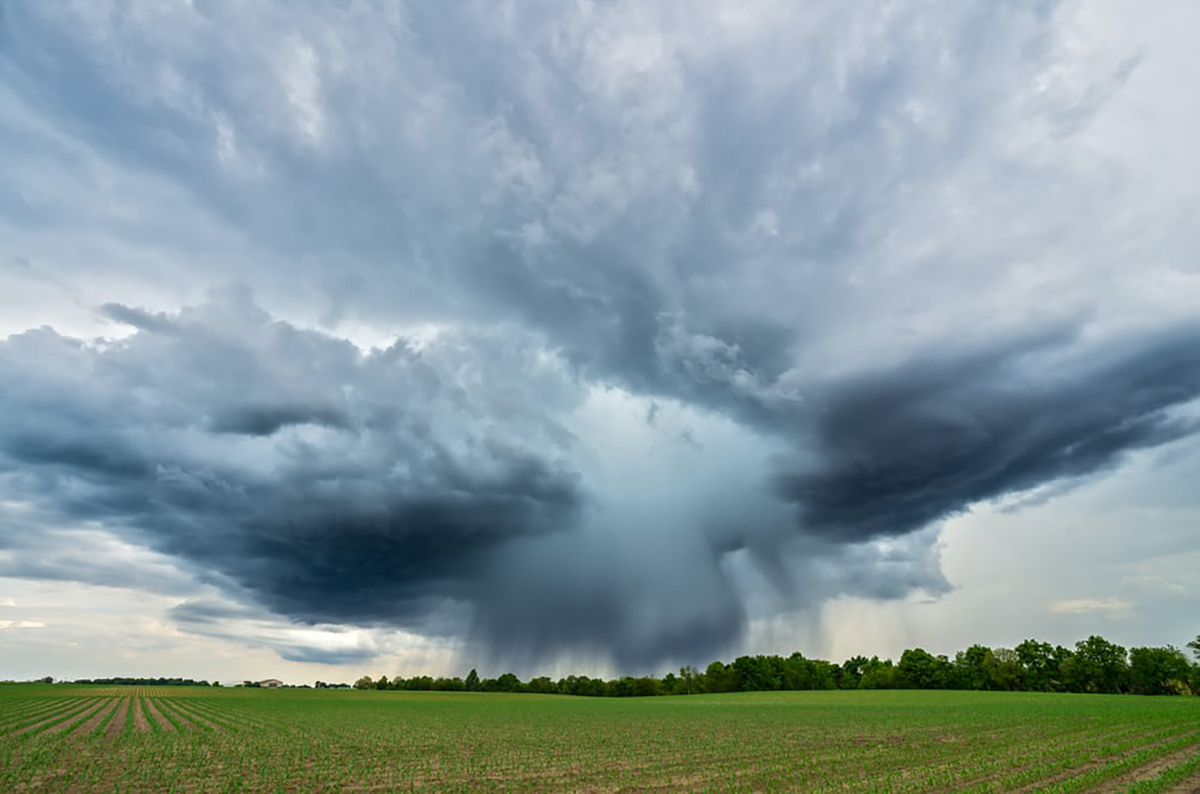
Climate change has increased dramatically over the last two decades
LUX: What has allowed the field of attributional climate science to thrive in recent years?
FO: Firstly, we are now able to run climate models so that you can actually look at extreme events. Before, you would run a climate model maybe once or twice — and this only gives you one possible realisation of climate and weather. It wouldn’t allow you to look at extreme events.
The second thing is that climate change has increased dramatically over the last couple decades. We see the trends and changes even in weather observations, so we can detect changes without having even touched a climate model. People have really started to develop and design methodologies to use new data and tools to answer these questions.
LUX: How do day-to-day meteorologists react to your discipline, which is still emerging?
FO: Grumblingly, I think – at least at first, because there have been huge divides between meteorologists who have dealt with day-to-day weather forecasts and those working on climate change. Attribution ultimately forces the two together.
Read more: Professor Nathalie Seddon On Biodiversity And Climate Resilience
Attribution has led to a huge recognition now that it is necessary to make meteorology more relevant for the world we live in. Meteorologists have, for a long time, been extremely conservative when it comes to climate science.
LUX: With the rise of quantum computing, do you think there is the possibility that meteorology will also revolutionise?
FO: A lot of new science could be unlocked through that in meteorology. We would have a lot more higher resolution models to look at what is still not very well understood, for example, cloud interaction with aerosols (and so on). It will not mean that we suddenly have an uncertainty-free science. It’s something that people still have a hard time to live with — that there will always be uncertainty when you do scientific studies, and that this is actually nothing special in climate science.

Otto emphasises the need for greater collaboration between scientific disciplines
LUX: Do you think that there is the possibility of more joined-up thinking between climate science, sustainability, science, biodiversity science?
FO: You can’t try and solve one in isolation from the other. It’s still not easy to do that, because most of us are still trained in a very disciplinary way and we speak very different languages, but the upcoming generations of scientists and researchers are better trained in more interdisciplinary research and increasingly funding is being allocated to interdisciplinary research. So it’s happening, but slowly.
LUX: Is there a tendency for governments to use climate change as a scapegoat to avoid accountability?
FO: Definitely. That’s why it’s important to nuance our climate change understanding. With heatwaves, what used to be a 100 year event is now really just ordinary summer in many places. But for many other extremes, the changes are relatively small. For droughts, there are many parts of the world where they are not yet changing because of climate change.
Read more: Melissa Garvey On Saving The Oceans
The drought in Madagascar is a good example: that has led to quite a lot of food insecurity for the population. That was a rare event, and the population was vulnerable, helped only by NGOs. But these NGOs have always come in when there’s a crisis and then gone away again. There has never been a reliable or resilient system to respond to extreme weather. That is a big problem. There is also an element of colonialism, so it’s not something that the global north can completely wash their hands of. But even if we were to immediately stop greenhouse gas emissions, that wouldn’t solve the problem that southern Madagascar has with respect to drought.

Attribution science has led to a huge recognition that it is necessary to make meteorology more relevant for the world we live in
LUX: Personally, do you feel worried about where things are going?
FO: I’m not worried per se; I’m more frustrated. I feel immensely privileged for who I am, that I’m able to live in a world now where I am able to do whatever I want and be whoever I want. Climate change is one result of this societal system that only benefits a few, but it’s not the only one.
LUX: Do you think it’s your role to point out what is happening and let others judge what to do?
FO: It’s my role as a scientist to say ‘this’ is happening because of ‘that’. It’s my role as a human being to say that it is affecting people who are least responsible for the causes. To pretend that climate scientists are not humans: it’s just not useful.
LUX: What will the world and the weather look like in a hundred years?
FO: Everything depends very strongly on the decisions we make in the next decade. Weather changes are very fast with emissions. We still absolutely have the power in our hands to shape the future we want to live in.
Dr Friederike Otto is a Senior Lecturer in Climate Science at the Grantham Institute for Climate Change at Imperial College London, and Co-Lead of World Weather Attribution (WWA)
Find out more: worldweatherattribution.org

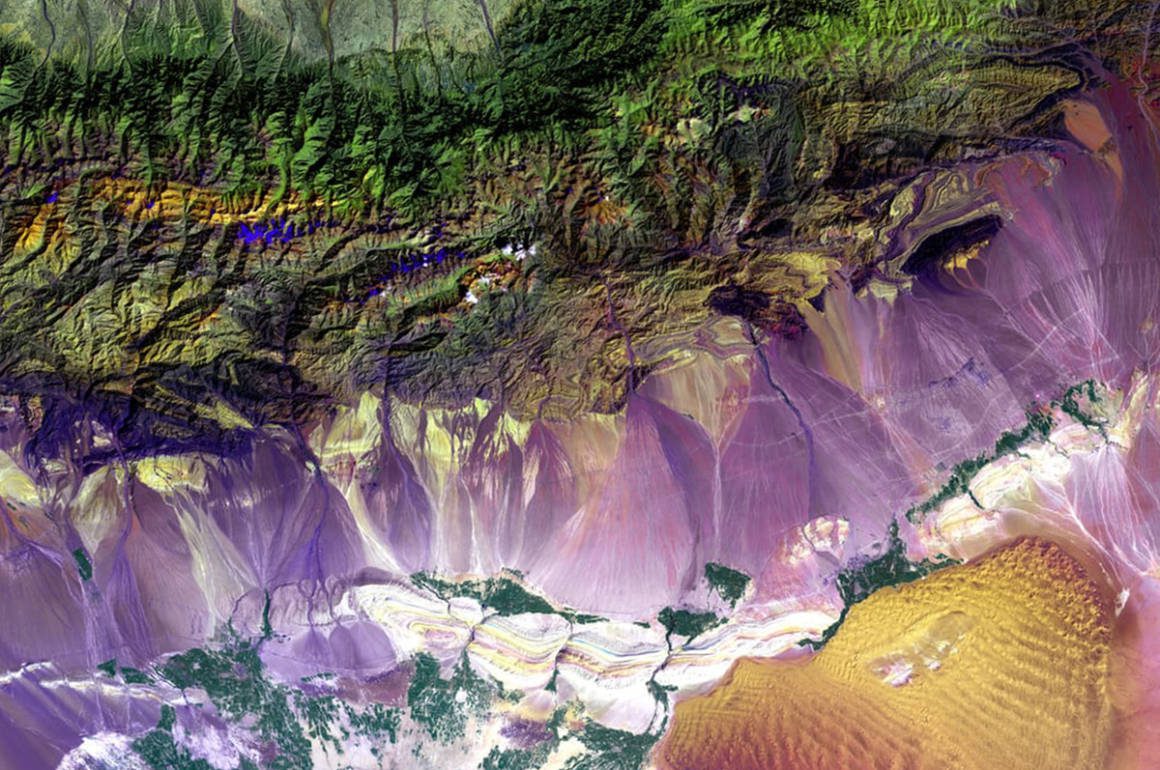
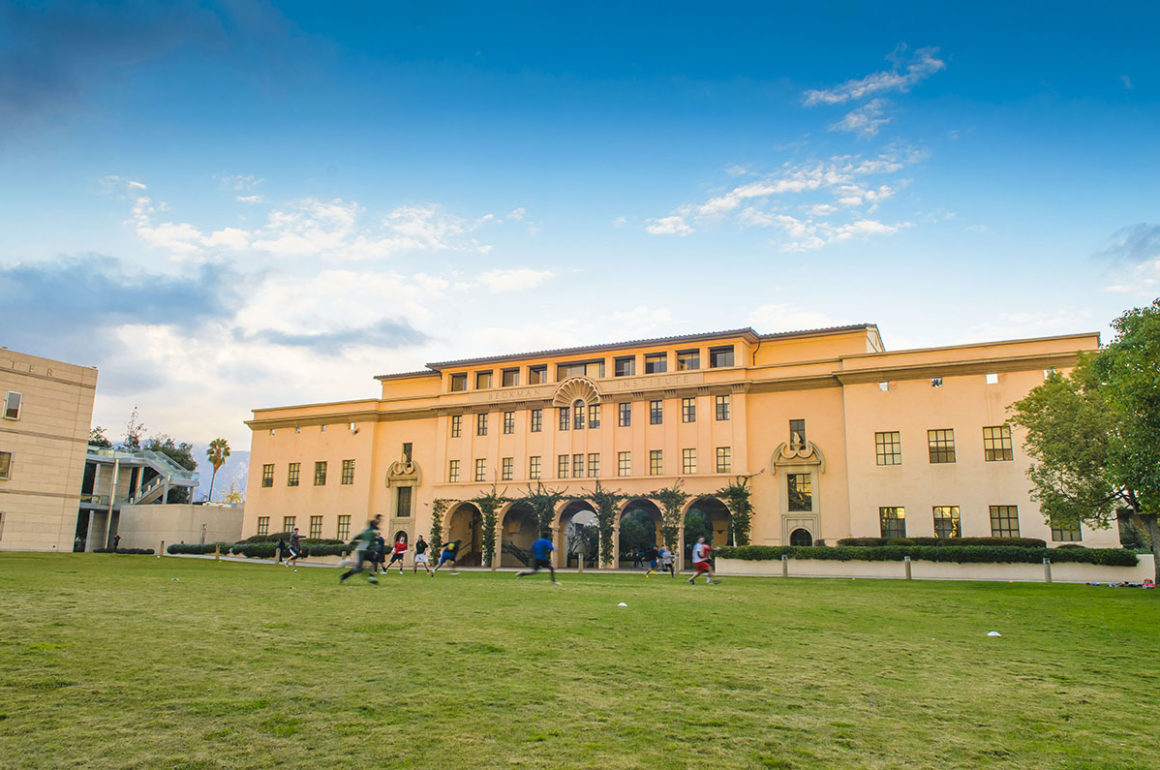
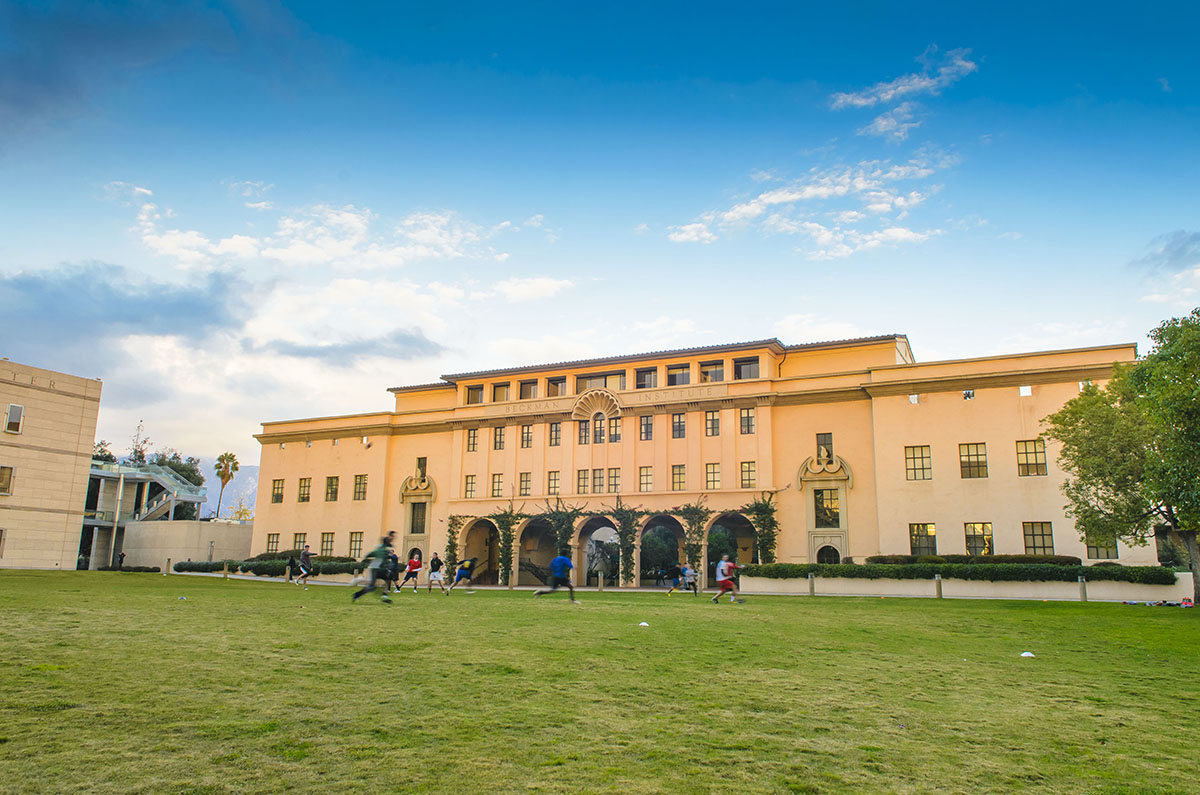
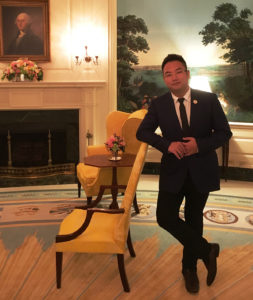
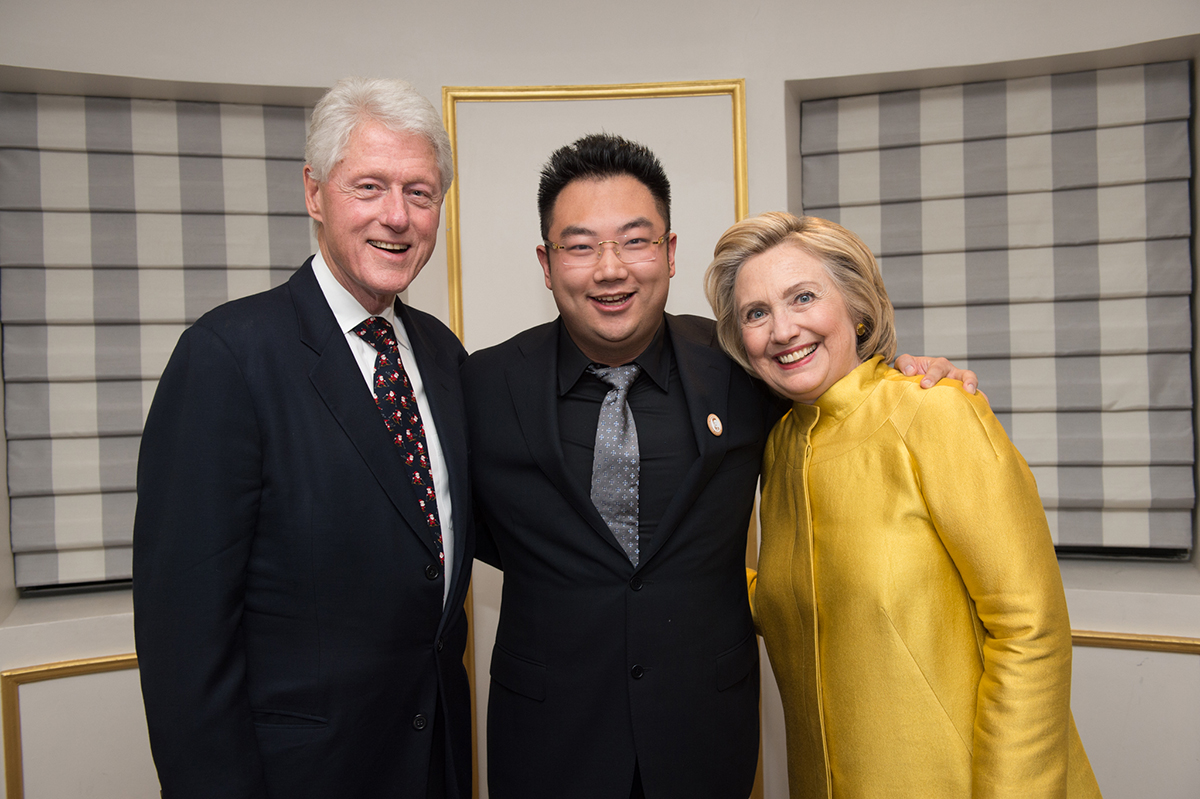
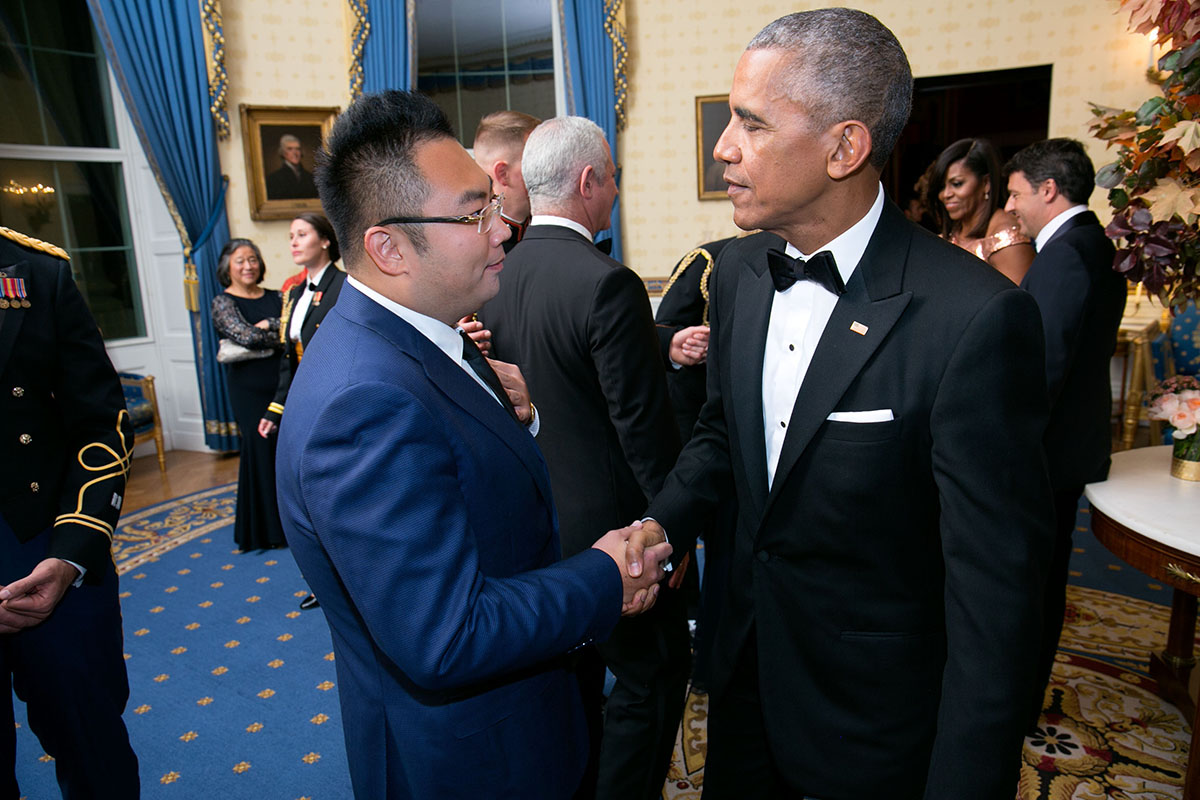
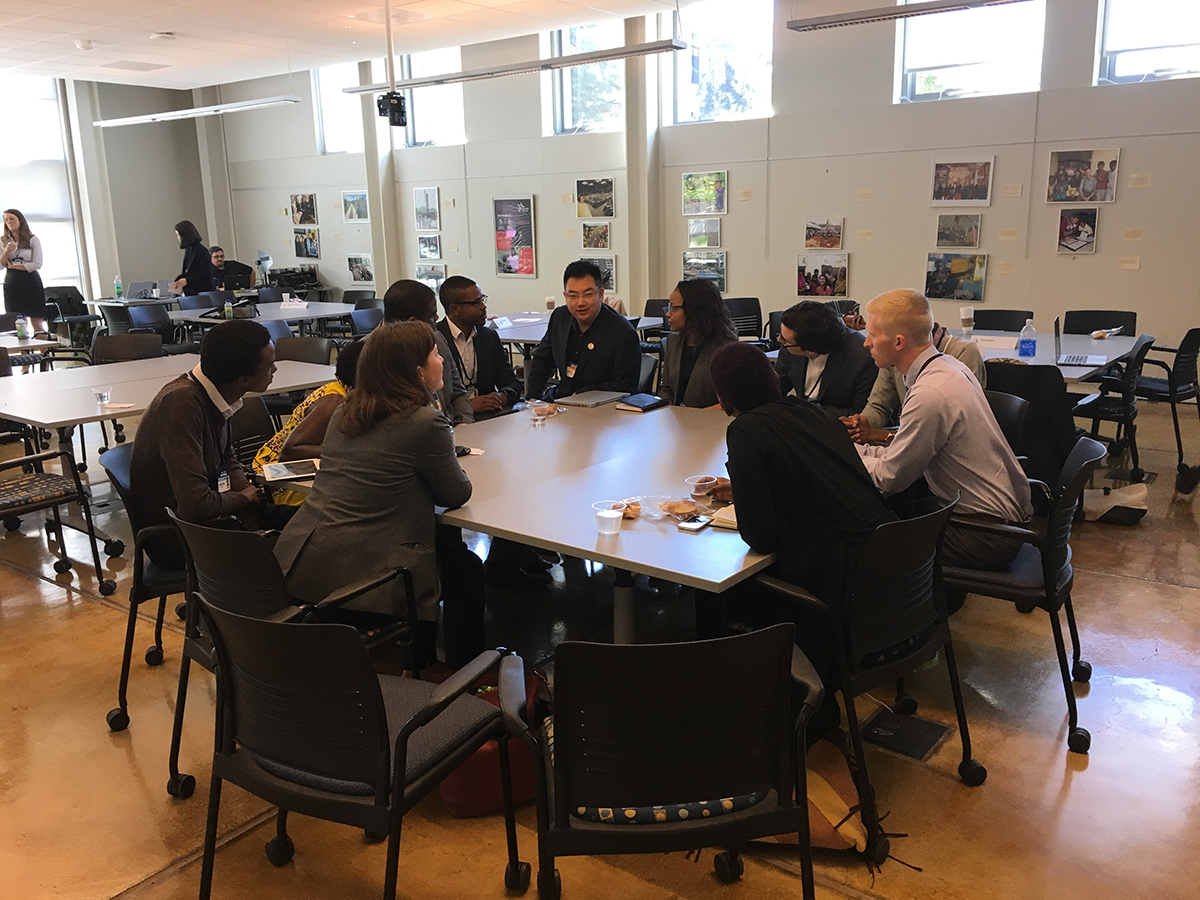
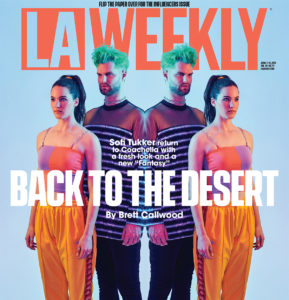 East also meets West in one of Xu’s more unusual leadership techniques – using astrology to recruit the right people. “I like horoscopes because I studied neuroscience, and my favourite part of history is Greek mythology. In the company, I know the horoscope signs for most of my people and I place them according to their strengths. Scorpios are more meticulous, for example, so they are suited to finance work, whereas Leos and Aries are more outspoken – it is easier for them to develop new markets.” What does his own star sign indicate? “I am Libra – that’s why I like balance,” he says.
East also meets West in one of Xu’s more unusual leadership techniques – using astrology to recruit the right people. “I like horoscopes because I studied neuroscience, and my favourite part of history is Greek mythology. In the company, I know the horoscope signs for most of my people and I place them according to their strengths. Scorpios are more meticulous, for example, so they are suited to finance work, whereas Leos and Aries are more outspoken – it is easier for them to develop new markets.” What does his own star sign indicate? “I am Libra – that’s why I like balance,” he says.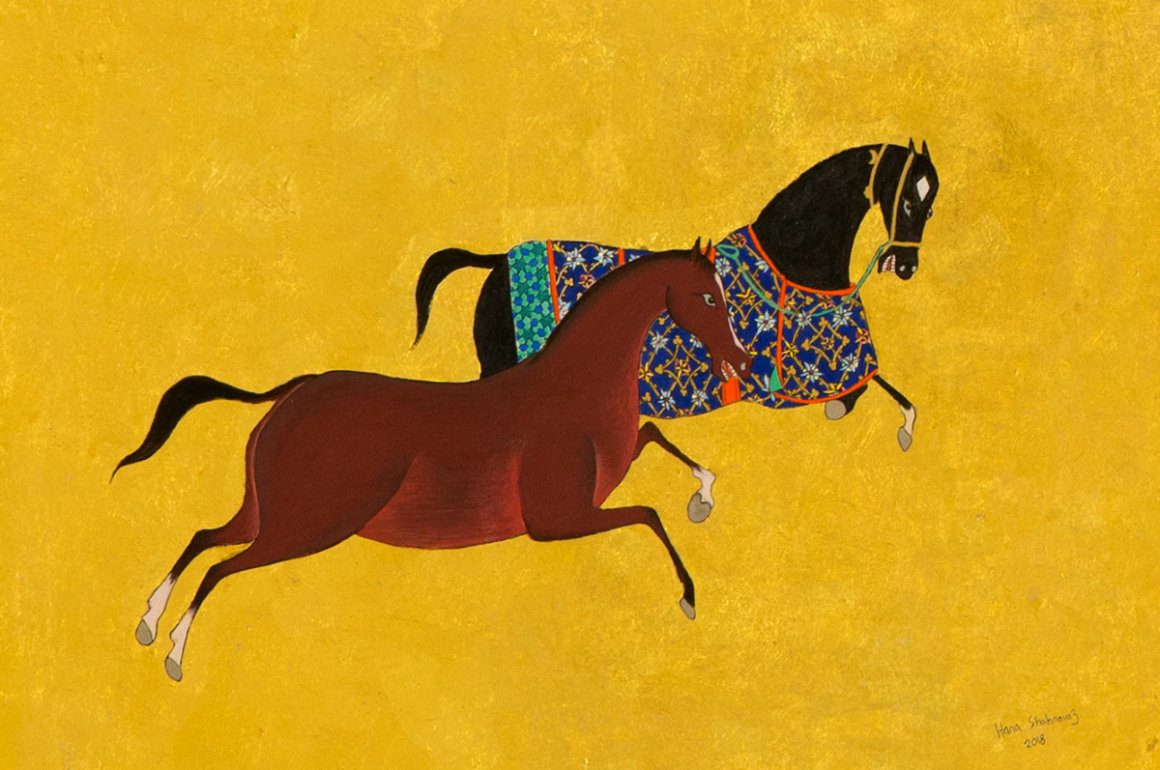
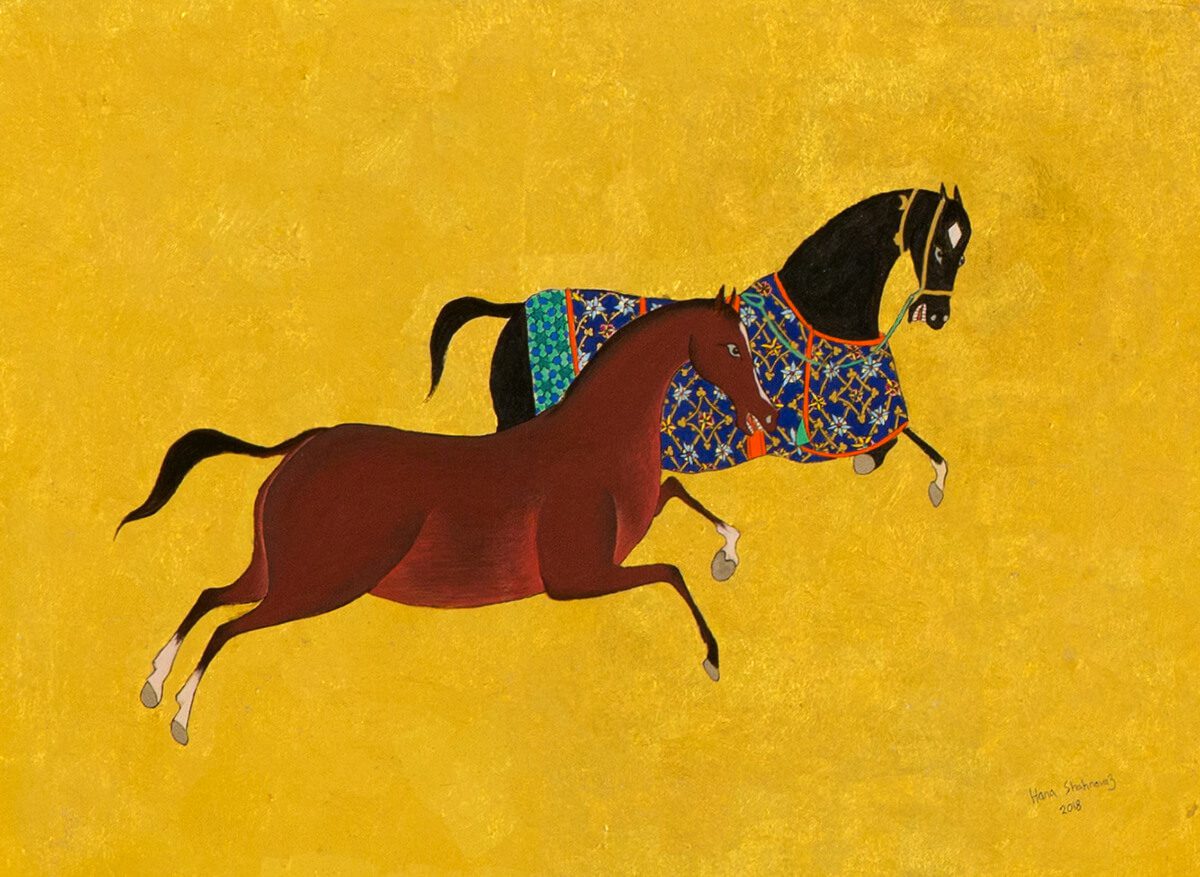
 THE CARLYLE, A ROSEWOOD HOTEL
THE CARLYLE, A ROSEWOOD HOTEL




Recent Comments